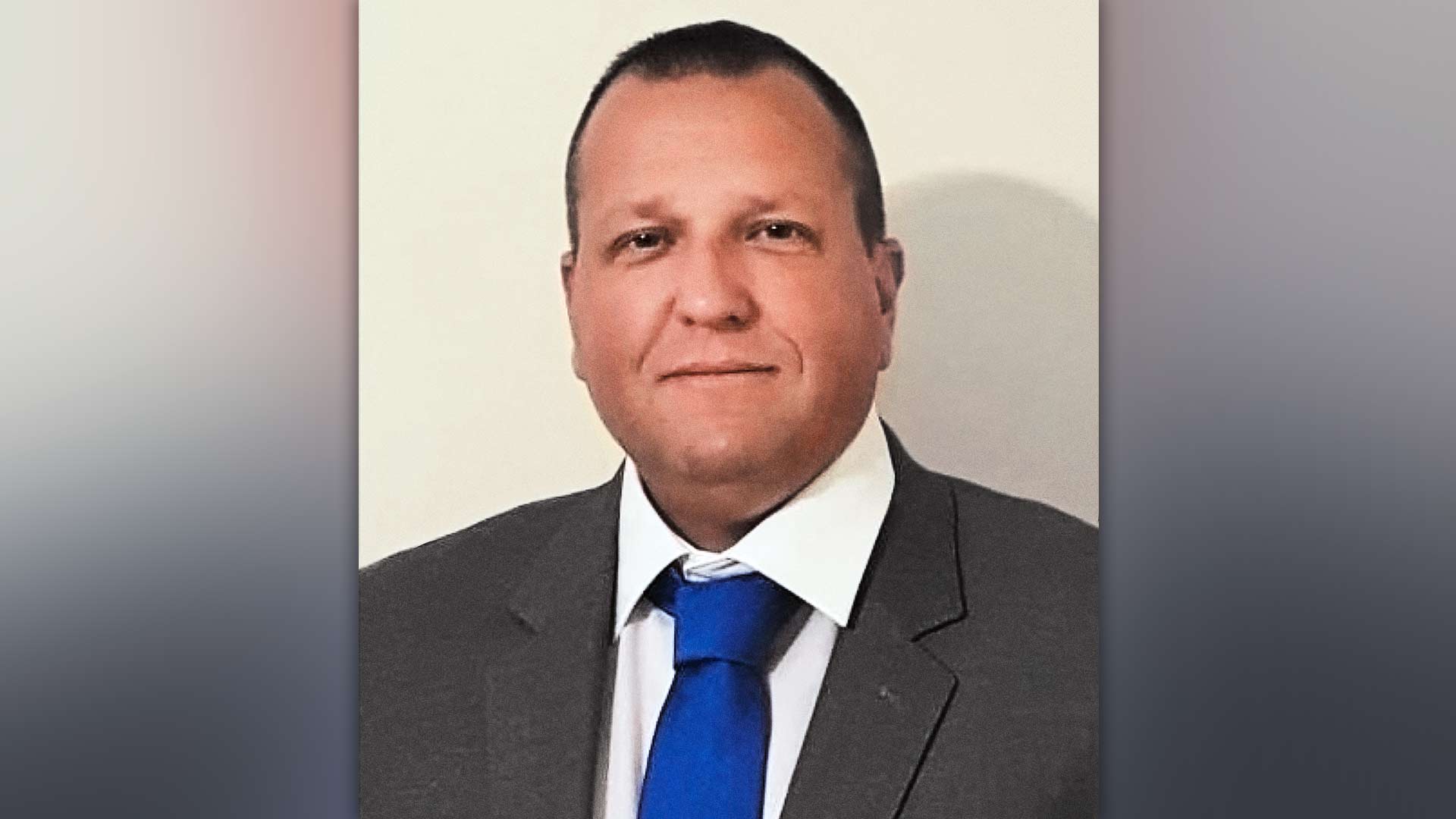| |
| |
| |
| Presented By The U.S. Global Leadership Coalition |
| |
| Axios World |
| By Dave Lawler · Jun 16, 2022 |
| Welcome back to Axios World. - Tonight's edition (1,780 words, 7 minutes) reviews some superpower polling, takes on big questions from Ukraine and looks at some suspicious deaths in Iran.
- Heads-up: We're off on Monday. Thursday's edition will come to you from Seoul.
|
| |
| |
| 1 big thing: Resistance to China as top global power |
 Data: Eurasia Group Foundation; Chart: Jacque Schrag/Axios A new poll of nine big countries finds a strong preference for the U.S., rather than China, to be the leading superpower. Why it matters: The Eurasia Group Foundation (EGF) poll is the latest signal that many around the world are viewing China's rise with trepidation. Breaking it down: Huge majorities in India, Nigeria, Poland and Brazil — and pluralities in Egypt and Mexico — think U.S. influence in their region has generally been positive over the last 20 years. - In China, 62% believe it's been negative.
That's a relatively new phenomenon in China. When EGF first conducted this poll in 2019, just 17% of Chinese respondents had negative views of the U.S. overall. Three years later, 45% do. - Views of China in the U.S. have grown more negative still, according to recent polls from Pew and Gallup.
- Washington isn't preferred over Beijing everywhere around the world. EGF found in 2021 that two-thirds of Russians would rather China be the leading global power.
- Among the nine countries in the new EGF poll, the top reason for picking the U.S. was that it's a "trustworthy economic partner," while the top reason for picking China was that it's "a good example for national development."
EGF also asked about two other U.S. exports: pop culture and "ideas of democracy." - While the Jan. 6 hearings in Washington have highlighted the fragile state of American democracy, huge majorities in Nigeria, India, Poland, Brazil and Egypt view U.S. democracy favorably and want their governing system to become more like America's.
- Even in China, 32% view "American ideas of democracy" favorably, though that's down from 45% in 2019. Meanwhile, 28% want China's government to become more like America's.
- American soft power remains strong. Big majorities in every country except Egypt believe U.S. movies, music and TV have had a positive impact on their countries. That includes China.
The trend: Favorable views of the U.S. have increased significantly in Germany, Japan and Mexico since Donald Trump left office. - Still, respondents in Japan and Germany tend to be ambivalent about American influence and military cooperation with their American allies. (Majorities in Japan are "neutral" on both questions).
- By contrast, respondents in Poland, India, Nigeria and Brazil are overwhelmingly in favor of cooperation with the U.S. military.
- However in Egypt, a top recipient of U.S. military aid, 60% view military collaboration with the U.S. negatively.
More from the survey: - Pluralities in every country believe the U.S. has handled Russia's Ukraine invasion well, except in China (where responses are evenly split) and Japan (where a majority is "neutral").
- Perhaps surprisingly for Americans, 52% of respondents across the nine countries think the U.S. has handled the pandemic well, up from 41% in last year's survey (respondents from China and Germany are the most skeptical).
- Asked about their biggest concern with the U.S. system of government, the top answer across the nine countries was the income gap between rich and poor.
Full survey and methodology. |
    |
| |
| |
| 2. Visiting leaders boost Ukraine's EU bid |
 |
|
| A tumultuous bromance? Zelensky meets Macron in Kyiv. Photo: Alexey Furman/Getty Images |
| |
| The leaders of France, Germany, Italy and Romania endorsed Ukraine's bid to apply for EU candidacy while visiting President Volodymyr Zelensky in Kyiv today. Driving the news: The European Commission is expected to recommend tomorrow that Ukraine be granted candidate status, along with Moldova. Leaders of the 27 member states will weigh in at a summit next week. - The decision to allow Ukraine to formally apply to join — a process that has historically taken years and does not always end in membership — has sharply divided European leaders.
- Some have emphasized Kyiv is nowhere close to meeting the bloc's standards on issues like corruption, while others — particularly the Baltic states — want to put Ukraine on a fast track to membership.
- French President Emmanuel Macron and Italian Prime Minister Mario Draghi had previously expressed skepticism of Ukraine's EU bid, but both endorsed Ukraine for candidate status today while emphasizing that serious reforms would be needed.
Why it matters: The EU's next moves have major symbolic resonance, as European integration is at the heart of Ukraine's conflict with Russia and a snub from Brussels would be keenly felt by Ukraine's leaders and population. - But beyond that, EU membership would have enormous economic and political implications for the future of the country.
The latest: Macron, Draghi and German Chancellor Olaf Scholz arrived in Kyiv by train and also visited the devastated suburb of Irpin. - Zelensky pressed them to increase military aid, which Ukrainian officials say is arriving too slowly given the scale of fighting in the eastern Donbas region.
- President Biden yesterday announced a new shipment of $1 billion in weaponry, including much-needed ammunition.
- But one of Zelensky's top aides, David Arakhamia, told reporters in Washington yesterday that Ukraine's partners — particularly in Europe — are beginning to focus on replenishing their own stockpiles rather than arming Ukraine.
|
    |
| |
| |
| 3. The big question surrounding Ukraine's casualties |
 |
|
| Ukrainian soldiers on the front lines in Donbas. Photo: Diego Herrera Carcedo/Anadolu Agency via Getty Images |
| |
| Ukrainian officials have been very reluctant to discuss their casualties in Ukraine — until now. What they're saying: Arakhamia, who leads Ukraine's negotiations with Russia, said during yesterday's roundtable that up to 1,000 Ukrainian soldiers were being killed or wounded each day, with 200–500 killed on average. - Those are staggering numbers, not least because many felt Zelensky's statement two weeks ago that the daily death toll of 60–100 was itself shockingly high.
- I asked Arakhamia about the gap between his estimate and Zelensky's, and he said the numbers had increased significantly over "the last week or so."
Between the lines: Given that Arakhamia is in Washington to convince Washington to urgently increase its aid, some speculated in response to our story that he was inflating the numbers. - As Politico's Christopher Miller, who has reported from Ukraine for years, put it: "After months of playing down casualty figures, Ukraine's playing up a bit to show the West how dire the situation is, which isn't necessary because real numbers are plenty awful."
Others contended if Arakhamia's casualty figures were accurate, Ukraine won't be able to sustain them. - I asked Arakhamia about that, and he said Ukraine had 1 million recruits ready to fight and 2 million more to call up.
- What was unsustainable without more Western help, he said, was the level of ammunition they were expending each day.
The bottom line: It's very difficult to get a clear picture of Ukrainian casualties, and it has been throughout the war. - Asked about the rate of Ukrainian casualties on Wednesday, Joint Chiefs Chairman Gen. Mark Milley said it could take months to know the true figures, but previous media reports of around 100 killed and up to 300 injured each day had been "in the ballpark of our assessments." Milley added Russia's losses had been "huge."
What to watch: Given the shifting state of the war, some U.S. officials want Zelensky to dial back his pronouncements that Ukraine will not cede territory to Russia, NBC News reports. |
    |
| |
| |
| A message from The U.S. Global Leadership Coalition |
| With growing global threats, what's it worth for America to engage? |
| |
 |
| |
| Ukraine, a global food crisis and new variants — global instability is impacting Americans at the grocery store and the gas pump. It's why veterans like Florida's Chad Maxey are in Washington this week to urge Congress to invest in global solutions by strengthening U.S. diplomacy and foreign aid. |
| |
| |
| Bonus: Where in the world? |
| Can you name the following places with "new" in their names? - Biggest city in the U.S.
- Capital of an Asian giant
- Country in Oceania with two main islands
- Two provinces of Canada
- Four U.S. states
- World's second-largest island
- French territory in the South Pacific
- Australia's most-populous state
- City nicknamed The Big Easy
|
    |
| |
| |
| 4. Data du jour: A world displaced |
 Data: UNHCR; Table: Thomas Oide/Axios Visuals There are now a record 100 million people around the world who have been forced to flee their homes, according to the UN. The big picture: That number — which represents more than the total population of France, Turkey or Vietnam — means 1 in every 78 people on Earth has been forcibly displaced. The Taliban takeover in Afghanistan and Russia's invasion of Ukraine have exacerbated the crisis, Axios' Stef Kight reports - Turkey is hosting easily the most refugees (3.8 million), followed by Colombia (1.8 million).
- 83% of refugees were living in middle- or lower-income host nations.
- Children are disproportionately impacted. People under 18 account for 30% of the global population but 42% of those displaced.
|
    |
| |
| |
| 5. Iran suspects Israel in string of suspicious deaths |
 |
|
| Two men stand under portraits of Col. Hassan Sayyad Khodaei and Gen. Qasem Soleimani during a rally in Tehran on June 3. Photo: Morteza Nikoubazl/NurPhoto via Getty Images |
| |
| Iran suspects Israel is behind a series of assassinations of Iranian military officers and scientists. Now, Israel claims Iran is planning attacks on Israeli targets around the world, Axios' Barak Ravid reports. What's happening: At least seven individuals associated with the Islamic Revolutionary Guard Corps (IRGC) or Tehran's nuclear, missile or drone programs have died in suspicious circumstances over the past three weeks. Details: The first high-profile death was of IRGC Col. Hassan Sayyad Khodaei on May 22. Iran accused Israel's Mossad intelligence agency. - A few days later, another IRGC colonel died in suspicious circumstances after reportedly falling from a balcony.
- That same week, an engineer working for the Iranian Ministry of Defense died in a reported drone strike at the Parchin military research complex.
- Then two Iranian scientists working with the military died in separate incidents after suffering similar symptoms from what Tehran reportedly suspects were poisonings.
- There were two more deaths reported in the past few days: a junior IRGC officer and an aerospace engineer. Iran said both were "martyred" but hasn't publicly accused Israel in either case.
Behind the scenes: During a recent closed-door hearing, Israeli Prime Minister Naftali Bennett said Israel "didn't just wake up one morning and decided to attack Iranians," according to three lawmakers in the room. - He didn't get into specific operations but said, "Israel only acts in retaliation to Iranian attacks or takes preventive action."
What to watch: Israeli intelligence issued its strongest-possible warning on Monday against travel to Turkey, which is the focal point of Israeli fears that Iran plans to target Israelis abroad. |
    |
| |
| |
| 6. One to watch: Runoff in Colombia |
 |
|
| A campaign bus in Hernández's hometown of Bucaramanga. Photo: Natalia Ortiz Mantilla/Bloomberg via Getty |
| |
| Sunday's presidential runoff in Colombia pits a leftist former guerrilla against a Trump-style populist. State of play: The political establishment has already lost this election. Polls provide little clarity as to who will win it. - Rodolfo Hernández, a wealthy businessman and former mayor, is something of a paradox: an anti-corruption crusader set to stand trial for corruption. The 77-year-old has become a star on TikTok, campaigning more with memes than detailed policies.
- Gustavo Petro, an economist and former mayor of Bogotá, would be Colombia's first left-wing president. While Petro's vows to rip up the status quo alarm business and military leaders, his three decades in politics could count against him with voters who are disgusted with politics altogether, as Hernández's unexpected rise attests.
|
    |
| |
| |
| 7. Stories we're watching |
 |
|
| A calligraphy competition in Inner Mongolia, China. Photo: Ding Genhou/VCG via Getty |
| |
- The Netherlands says it foiled a Russian plot to infiltrate the International Criminal Court.
- Putin critic Navalny moved to a high-security prison.
- Suspect confesses to killing journalist and Indigenous expert in Amazon.
- Biden will meet MBS.
- ISIS leader captured.
- The U.K.'s first Rwanda deportation flight grounded.
- "Squid Game" reality show in development.
Quoted: "Hong Kong did not satisfy the condition of 'a country losing sovereignty' and was not a colony." — Excerpt from a new textbook sent to secondary schools in Hong Kong, per the FT. Hong Kong was in fact a British colony for around 150 years. |
    |
| |
| |
| A message from The U.S. Global Leadership Coalition |
| There's no longer any question: Leading globally matters locally |
| |
 |
| |
| With growing threats overseas, global instability is a kitchen table issue impacting American families here at home. It's why veterans like Tennessee's Rich LaMonica are in Washington this week for USGLC's Global Impact Forum to urge Congress to strengthen U.S. diplomacy and foreign aid. |
| |
| Answers: 1. New York; 2. New Delhi; 3. New Zealand; 4. New Brunswick and Newfoundland and Labrador; 5. New Hampshire, New Jersey, New Mexico, New York; 6. New Guinea; 7. New Caledonia; 8. New South Wales; 9. New Orleans Key: 1. Biggest U.S. city; 2. Capital of Asian giant; 3. Country in Oceania with two main islands; 4. Two provinces of Canada; 5. Four U.S. states; 6. World's second-largest island; 7. French territory in the South Pacific; 8. Australia's most-populous state; 9. The Big Easy. |
 | It's called Smart Brevity®. Over 200 orgs use it — in a tool called Axios HQ — to drive productivity with clearer workplace communications. | | |











No comments:
Post a Comment